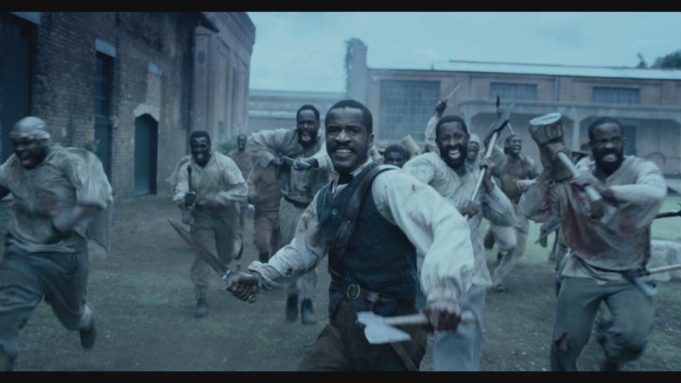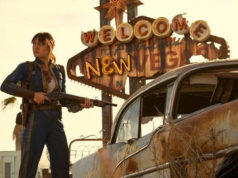It was going so well for The Birth of a Nation this past winter. Debuting just after the Oscars had nominated yet another slate of all-white actors and directors, this epic about a real-life African-American slave revolt (cheekily named after D.W. Griffith’s historically important, terribly racist 1915 film) seemed a much-needed tonic, winning two prizes and adulatory reviews at the Sundance Film Festival and immediately establishing itself as an awards-season front-runner. But then the rape allegations from the 1990s resurfaced, as the movie’s makers and backers should have known they would, against director/star Nate Parker and Jean McGianni Celestin, who is credited as a story writer here. Now the film hits our theaters this week as an object of controversy.
From the evidence that’s been made public, I think Parker and Celestin got away with rape at Penn State. (Parker was formally acquitted, Celestin’s initial conviction was later overturned.) At the very least, they’ve demonstrated precious little regard for their anonymous alleged victim, who killed herself a few years ago. Some people think this means that the movie doesn’t matter at all, while others maintain that the movie is the only thing that matters. Both views are wrong, which makes writing and reading this review a challenge. If you mean to shun this film because you think rapists made it, I don’t have an answer for you. However, I do have a professional duty to render my opinion on The Birth of a Nation as a work of dramatic art. As such, it’s an impressive and confident debut for a first-time filmmaker.
Parker portrays Nathaniel Turner, whom we first see as a little boy growing up on a Virginia cotton plantation in 1809, where his ability to read and write inspires the mistress (Penelope Ann Miller) to educate him in the Bible. She breaks off his studies when her husband dies, but Nat still uses his learning to preach the word of God, and the news spreads to other white people. His new master (Armie Hammer) makes good money renting Nat out to other landowners to tamp down rebellion among his fellow slaves by quoting Scripture. Though the work affords him some privileges, Nat becomes disgusted when he sees how people of his race are mistreated on other plantations. When his own alcoholic master proves to be no better, Nat plans a violent uprising inspired by the Lord.
From a largely incomplete historical record, writer-director Parker has crafted a lean, muscular narrative despite its leisurely pace. He occasionally overdoes things, especially near the end, but some of his touches are downright inspired, as during a ghostly solar eclipse or when a freshly whipped slave sees lit candles on his fellow slaves’ front porches as a sign of solidarity. Even better is when one master (Allen Scott) punishes a hunger-striking slave by knocking out his teeth, the scene’s violence all the more chilling for being performed so quietly, with the gentle tap of a chisel. Cinematographer Elliot Davis manages to create tableaux of great beauty without prettifying the squalor that the slaves live in.
Parker has also fashioned himself a vehicle that plays to his strengths as an actor. Much of the early going is taken up with Nat’s romance with a slave girl named Cherry (Aja Naomi King), and while a romantic subplot might strike you as inappropriate here, it does usefully remind us that slaves were able to make moments of happiness for themselves even under this system. Parker played the romantic lead in Beyond the Lights, but he’s even better here, flashing his brilliant smile and projecting tenderness and love in the early going as well as exhorting his fellow slaves to rise up later on. His Nat is a fundamentally gentle man roused to violence by the endemic cruelty around him, and we see how it works on him.
It’s too bad that whatever statement this movie makes on today’s race relations has been effectively obscured by outside events. While the film’s merits do not add up to the power or scope of better films like Django Unchained or 12 Years a Slave, they still deserve to be considered apart from its maker’s misdeeds, whatever those are. Just as we can now disentangle the cinematic achievements of Charlie Chaplin and Pier Paolo Pasolini from their sins in private life, one day historians and film critics will be able to do the same with Nate Parker and The Birth of a Nation. Not now, though.
[box_info]The Birth of a Nation
Starring Nate Parker and Armie Hammer. Written and directed by Nate Parker. Rated R.[/box_info]













So why would we go see a film that a rapist will profit from. Nate Parker conned the system. Make a movie, someone, about that.
Who would one cast as that disgusting slug?